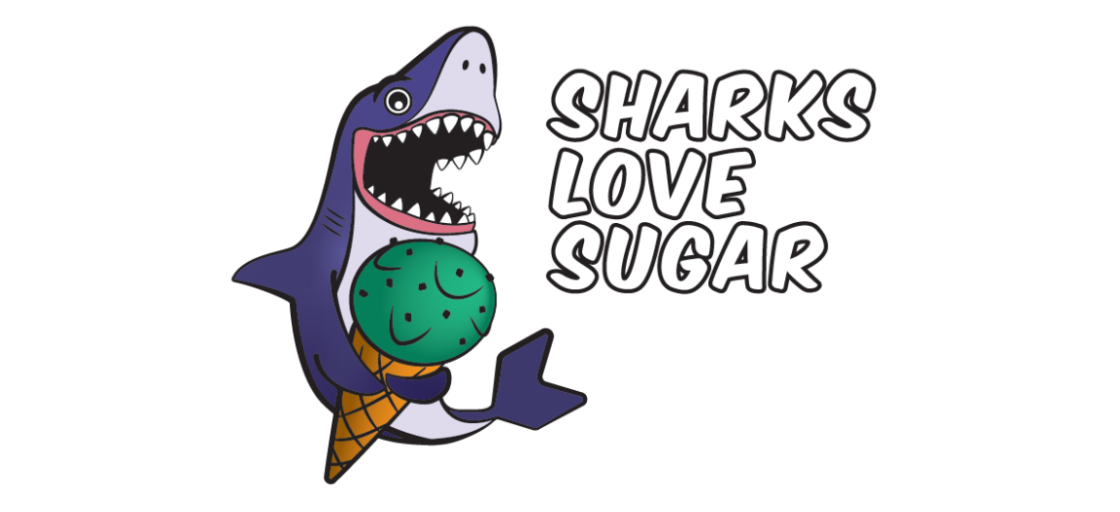
Why Sharks Love Sugar
Suppose I told you that ice cream consumption and shark attacks were correlated. From this you might infer that sharks love sugar. Of course, you've probably heard this example used before to help make the point that correlation does not equal causation. It's certainly useful to understand that two metrics are temporally correlated, but it's misleading that observability vendors claim this to be root cause analysis, and in some scenarios it can hurt more than it helps.
Ice Cream Sales vs Shark Attacks: Monthly Correlation*
Strong positive correlation (r = 0.95) - but correlation does not imply causation!
* This is fictional, exaggerated data for illustration purposes only
The Hidden Truth
While the data shows a strong correlation between ice cream sales and shark attacks, the real causation is a third factor: summer weather. When it's hot:
- People buy more ice cream to cool down
- More people go to the beach and swim in the ocean
- More people in the water = higher chance of shark encounters
This is why true root cause analysis requires understanding the causal relationships between systems, not just statistical correlations. In observability and monitoring, confusing correlation with causation can lead to fixing the wrong problems and missing the real issues affecting your systems.
Want to see how real causal reasoning works for your systems?
Book a Demo